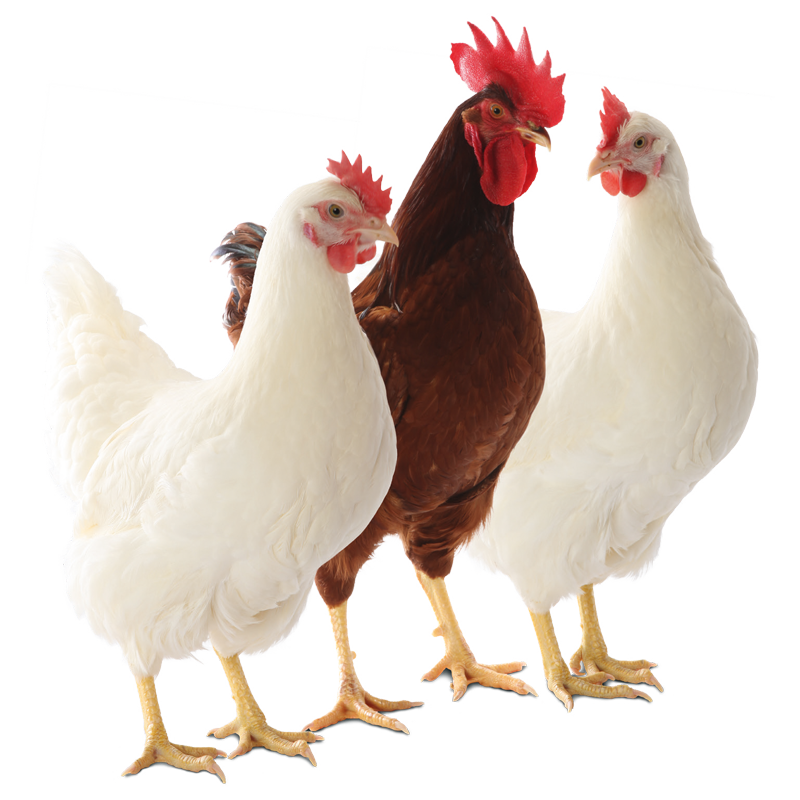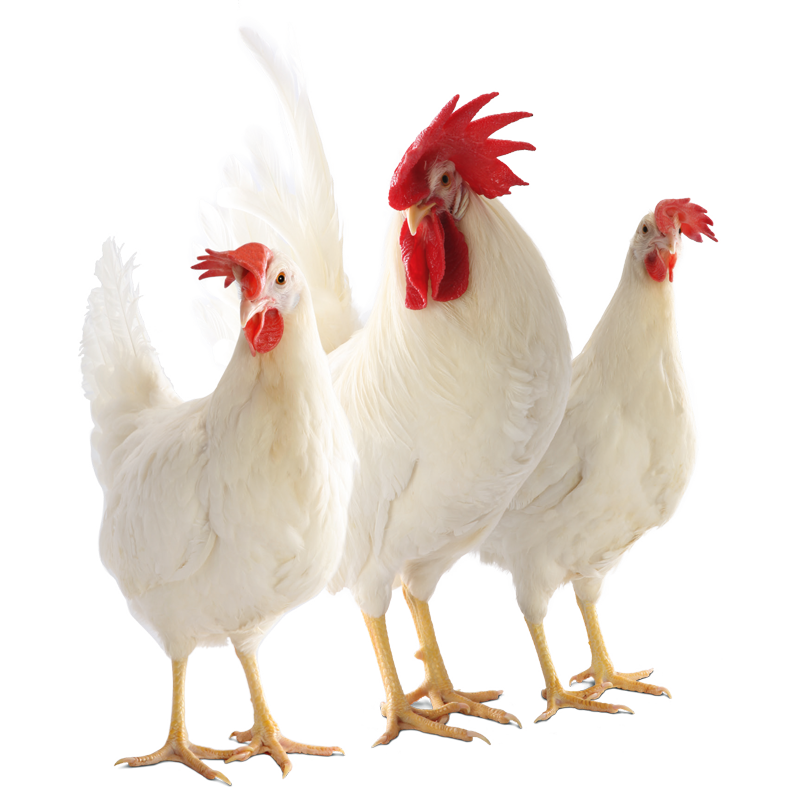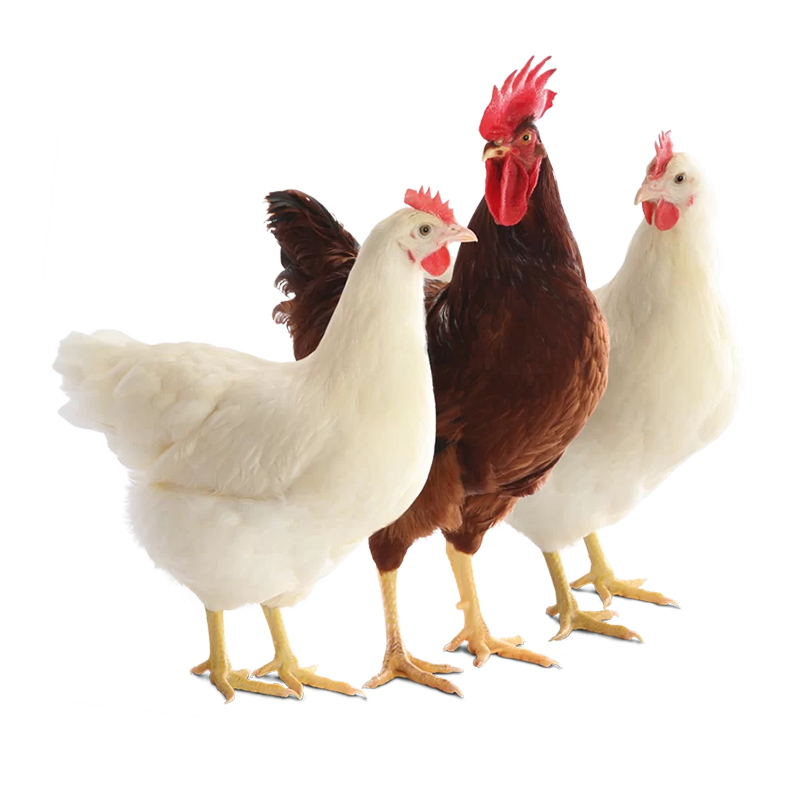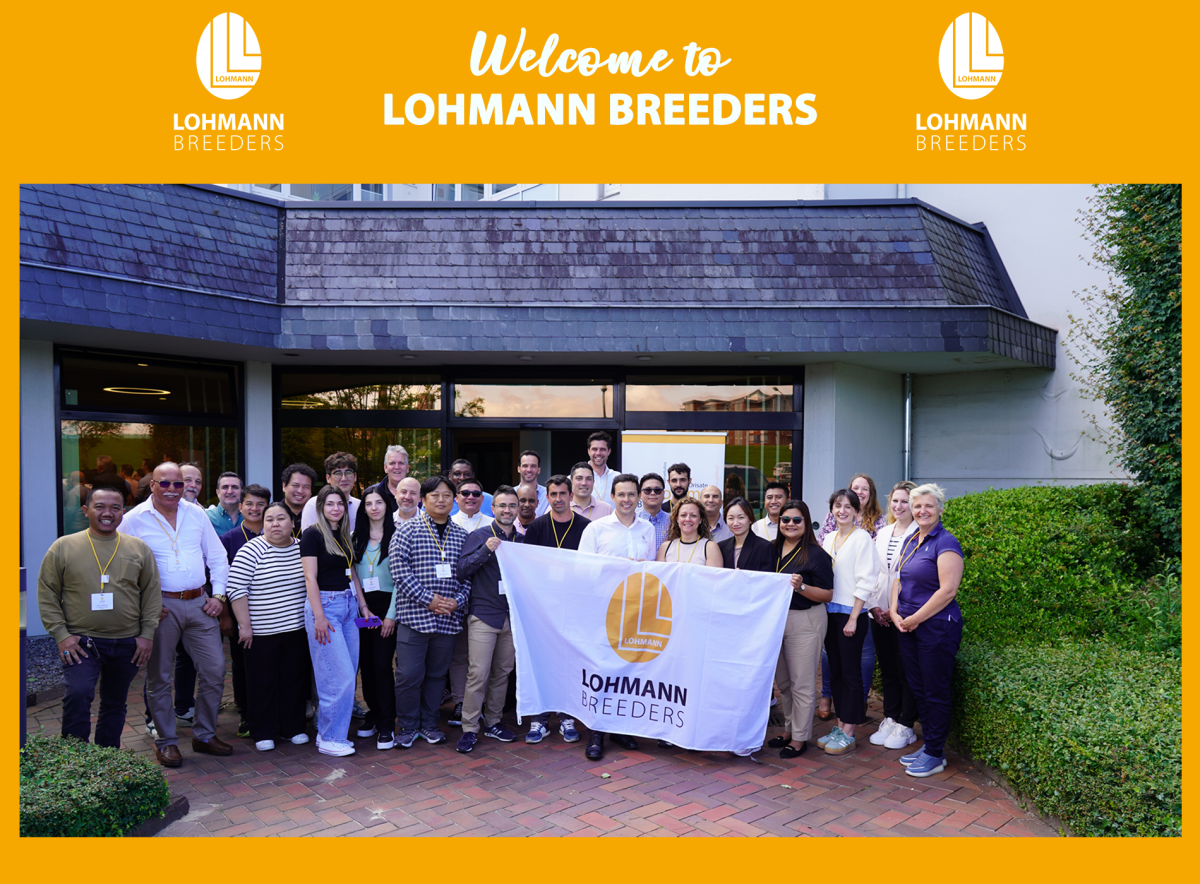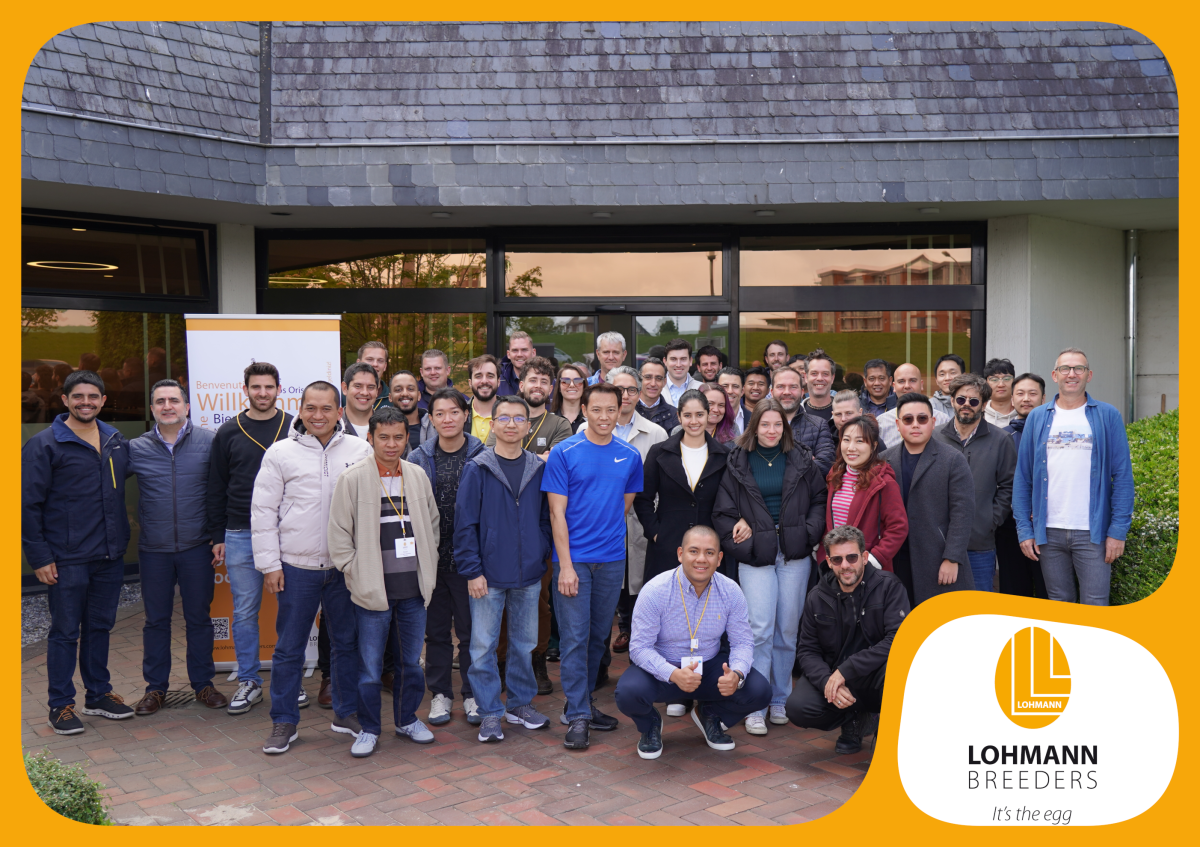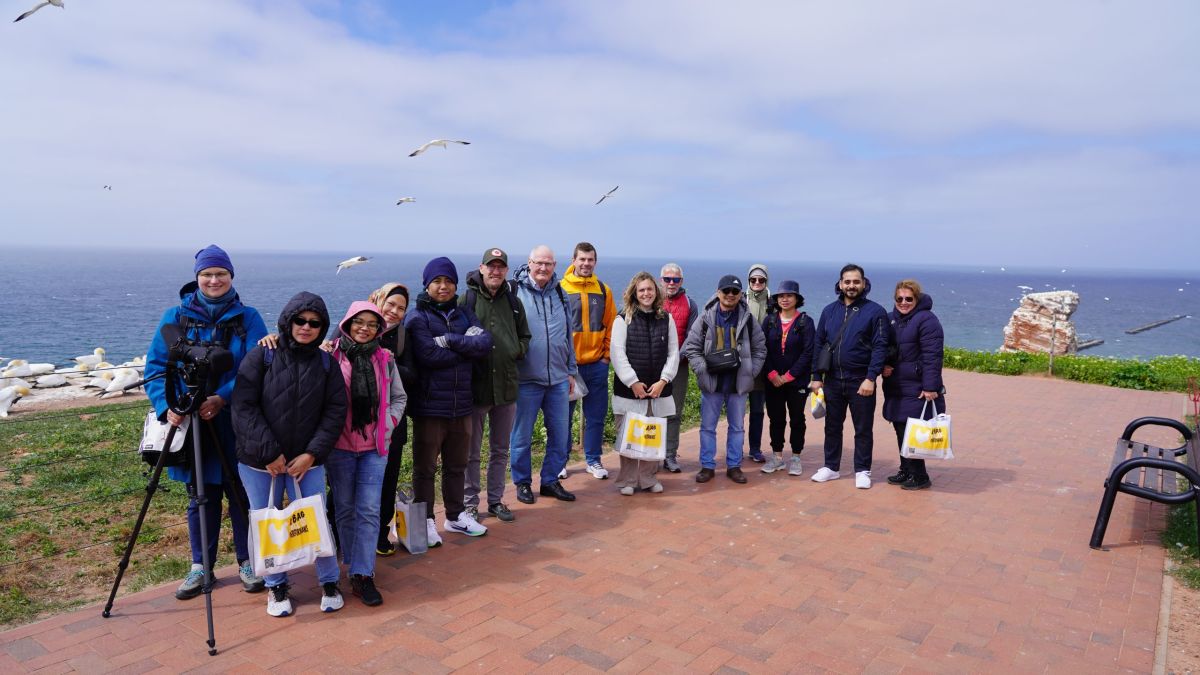1. The origin of the position paper
The evangelical church community in Wietze/Steinförde near Celle, Germany, asked the Lutheran Church of Hanover for its position regarding intensive animal farming and slaughter plants in connection with plans to build the largest broiler processing plant in Lower Saxony. These plans have led to a controversial discussion in the community re. the need for and ecological as well as social implications of the project. Similar conflicts are seen in other communities where large production units are being planned. The regional Lutheran churches are generally considered as reserved and prefer to call position papers as “memos”. This memo was written in May 2011 and can be found on the internet under the German title « Position der Landessynode der Evangelisch-lutherischen Landeskirche Hannovers zur Landwirtschaftlichen Nutztierhaltung, Aktenstück 86 der Landessynode vom Mai 2011 ».The focus of this memo is an interpretation of the text from the Bible “The LORD God took the man and put him in the garden of Eden to work it and keep it” (Gen 2,15), a commandment which all Christians in good faith should follow, but which is often misinterpreted when it comes to specific action. The supply of food for society and maintenance of the economic basis of agriculture is an essential part of the command. Equally important is the careful use of nature, which has its own value and needs to be protected for future generations. To find a proper balance between use and protection of resources is perhaps the most difficult part of the command for us. When it comes to conflicts between utilization and preservation, we need criteria to assess different interests in a specific situation.
2. Problems and Challenges
The per-capita consumption of meat in Germany has more than doubled since the 1950s. With about 60 kg per capita, we are not even on top of the list of industrial countries. Global meat consumption is growing especially in threshold countries. The global consequences of this development are undisputed, and animal farming is considered as an important contributor to environmental problems, including:- Methane und CO2 emissions and resulting climate change
- Contamination of ground water
- Eutrophication of rivers and lakes
- Reduction of biodiversity
- Acidification of soil
- Loss of forest areas
The high meat consumption in affluent countries can have negative effects in Third World countries growing animal feed for export, while village people give up faming and migrate to cities, hoping to escape hunger and poverty.
However, not all forms of animal farming necessarily have negative ecological consequences. The environmental effects can be very different and depend on the animal species, management system and regional density of animal farming. The changes of production processes in farming and the actual current conditions are hardly recognized by consumers. Since the industrialization, we can observe a progressing loss of knowledge how food is produced and further processed. For most people, rearing and killing farm animals is no longer a part of the real world. In the industrial societies, these jobs are left to specialists on farms and in processing plants. Food has become a product the value of which is mainly determined by price. Consumers generally buy the cheapest products available, with little attention to their source. At the same time, advertising and marketing strategies promote and intensify a romantic image of farming.
3. Theological Basis
The Bible is neither a dogmatic text-book nor an ethical manual. It is rather a book full of vivid descriptions of real life situations and controversial experiences. Unlike associations or political parties, the Church does not represent any interest group, but is a congregation of people with a defined common belief, which guides them to act morally and responsibly according to ethical standards. Biblical stories contributed to our awareness of the competition between animals and man for food and space since thousands of years. Animals are man‘s friends as well as enemies. Man rules over animals and depends on them at the same time. Animals and man are close to each other, yet they remain strangers.We interpret the often used and controversially discussed quote “Be fruitful and multiply and fill the earth and subdue it and have dominion over the fish of the sea and over the birds of the heavens and over every living thing that moves on earth” (Gen 1,28) as a call to rule the world responsibly before God.
No ruthless exploitation, but conservation of all creation, especially considerate treatment of all forms of life. God created the world and sustains it. As part of the whole creation, man and animals get their value from God. Man and animals have a special relationship in this context. Similar to man, animals have been described as “living souls” or “breathing life”. Humans and animals have their own dignity before God and have to be respected. This includes protection of life against being killed. Originally, this relationship between man and animals is free of force and mutual use and consumption.
But man wanted to be like God and lost his innocence. With his exit from paradise he and all creation with him got into a world with two faces. On the one hand life is being preserved and passed on to future generations by mutual consideration; on the other hand this process involves and requires utilization and consumption.
Thus, the relationship between man and animals has changed since the Bible’s account of creation. Man and animals have become dependent on each other during the course of history, and ever since we entered into this relationship, we actually need the animals more than they need us. But the Bible does not idealize the relationships between man and animals and vice versa: “The fear of you and the dread of you shall be upon every beast of the earth and upon every bird of the heavens, upon everything that creeps on the ground and all the fish of the sea. Into your hand they are delivered” (Gen 9,2).
God holds man responsible for His creation, but with his exit from the “Garden of Eden“, man became guilty. He is „like God“, but not God himself. Nevertheless, the promise of God is still: “While the earth remains, seedtime and harvest, cold and heat, summer and winter, day and night, shall not cease” (Gen 8,22). This means God calls on man to continue the act of creation responsibly. But we have no unlimited right of disposal and need ethical self-restriction. We find this idea already in the Sabbath Commandment of the Old Testament. In view of the grown technical possibilities with man’s ability to interfere with nature, this self-restriction has become more important than ever before in history. We are obliged to keep our world ecologically in order and treat all gifts of creation carefully.
But man’s efforts will always remain fractionated and less than perfect. A deep cleft, a wound, cuts through the world and our lives, which can only be healed by God’s grace. This world is not the “Garden of Eden” and not in a healthy state, we can only find traces of a paradise.
The Bible leaves us in suspension between the picture of a better world and the reality of the present world. The description of this conflict is quite sobering. The personal dignity of each individual human and animal and their right to be protected from killing is granted, but the Bible also recognizes the violence inherent in all living creatures. Therefore the right to be respected and protected from getting killed can only be practiced with due differentiation.
There is no reference in the Bible which would prohibit killing animals and eating meat. However, if it is decided to use animals as source of food, this must be in line with man’s responsibility for creation. All life is interdependent, nothing belongs to anyone, and all individuals consume and are being consumed. Animals are God’s creatures and part of this world just as we are. We have to treat them well, with humility and gratitude for what they give us.
Based on the above theological reflexions, the Synode of the Lutheran Church of Hanover formulated the following conclusions, demands and criteria:
1. Meat consumptionAlthough meat is not an essential element of the human diet, its consumption is recognized as an important part of human civilization since thousands of years. Occasionally it is proposed to give up meat consumption, but the response remains limited. Animal farming and processing of food from animals offers employment for many people and contributes to food security in large parts of the world. If – as is commonly practiced in most cultures – animals are utilized, then they have to be treated according to the imperative of justness, which means:
2. Attention to animal wellbeing and animal rights
Husbandry, transport and killing must not cause agony, pain or suffering for the animal. All management practice has to be directed toward this goal. This includes taking behavior preferences of the animals into account and identifying key factors for the wellbeing of the animals and managing them accordingly. Making full use of technical innovations as well as motivating and qualifying all active members of the staff are extremely important.
3. Health care for people and animals
This includes effective disease control for the animals based on good management practices with modern technical environment, minimal use of drugs, farm hygiene and feed quality control. Human health aspects include not only farm labor, but also minimum pollution of the neighboring environment.
4. Focus on sustainability
Human civilization with animal husbandry is not possible without any effect on the environment. However, as long as these effects are not contrary to sustainability principles, we don’t have to worry about them. Sustainability in the area of animal production may be defined as follows: Keeping animals should
- not consume more resources than can be regenerated by natural means
- will not jeopardize biodiversity
- will not burden soil, air or water with emissions intolerable for alternative usage
- will not harm the current user.
In case any of these sustainability goals is being violated, the current practice should be critically reviewed with the aim to develop alternative solutions. This analysis should include not only direct effects of animal production on the local environment, but also effects of feed production on global climate change.
5. Economic and legal constraints
Economic and legal conditions, under which a local farmer has to work, cannot be ignored, because they limit his possibilities to earn a living. However, when it comes to animal farming, maximum economic efficiency must not be the only criterion. Sustainable animal production, with due attention to animal wellbeing, should not be disadvantageous for the farmer. This kind of food production is a service to the whole society and should to be supported by joint commitment. Political decision makers, consumers and farmers are all called upon to contribute their part to this common goal.
6. Politics
Political decision makers have to develop a legal framework for animal farming, supporting sustainable production, animal welfare, and the protection of consumer and producer interests. Agricultural producers should be better protected by EU laws and consumer education against excessive power of a few companies controlling the food trade.
7. Farmers and Farmers Associations
Farmers associations should think beyond current interests of their members and develop concepts for an economically successful, sustainable agriculture with fair international trade regulations. Agricultural ethics must live up to social, economic and environmental requirements. For communication with the public, modern farmers who operate sustainably should be shown instead of romantic pictures with traditional setting.
8. Consumers
Consumers should be aware of the fact that their purchasing preferences can change farm animal management practices. But consumer‘s choice can only become effective if the value of different goods can be compared and not only the price. Knowing the source of the food and how it was processed may already reduce wastage. Consumers should also recognize that sustainable food production has its price and that they can support it with their purchase. Consumer ethics should be developed based on factual information and education.
Concluding remarks As Christians following the Bible “to work and keep the soil”, we are asked to manage our world responsibly and to prohibit unlimited exploitation. This holds in particular for managing farm animals, for which we are held responsible. This leads us to the following criteria to assess animal husbandry practices and use of animals:
- Observation of animal wellbeing in a given environment
- Sustainable management, i.e. protection of resources for future generations
- Proper attention to the rights and needs of underprivileged people These criteria are independent of the size of the production unit.
In the ongoing dispute over questions of intensive animal farming, all stakeholders share the responsibility to maintain social peace, especially in the villages. Participation, information and mutual understanding and acceptance are necessary. A procedure should be agreed how to develop local living conditions and employment opportunities. Local democratic institutions and traditions should play important roles in decision making.
In view of foreseeable developments in our society, animal farming needs to pay more attention to animal welfare, human health and sustainability, focused and without delay.
Zusammenfassung
Statt einer Zusammenfassung wird auf die deutsche Fassung im Internet unter www.kirche-landwirtschaft.de verwiesen.S'abonner à notre lettre d'information
Et découvrez toutes les dernières nouvelles du secteur.
